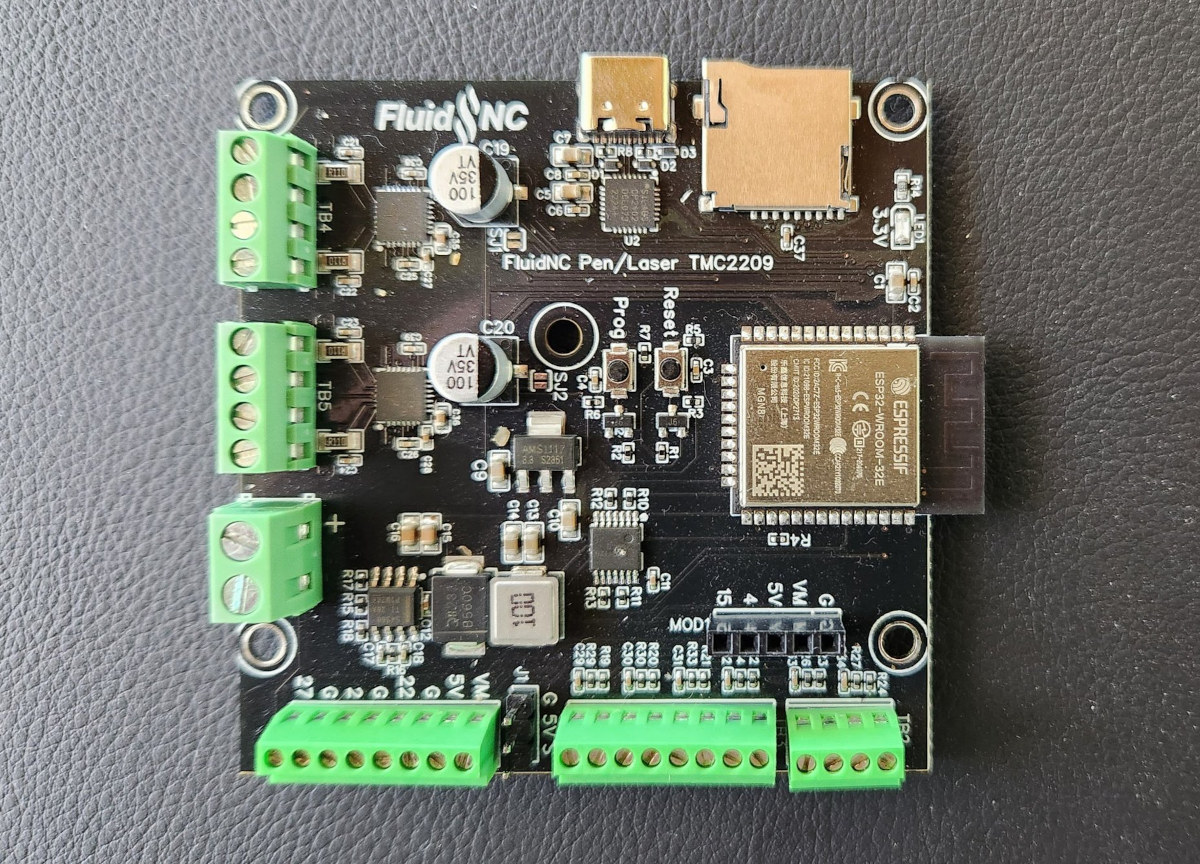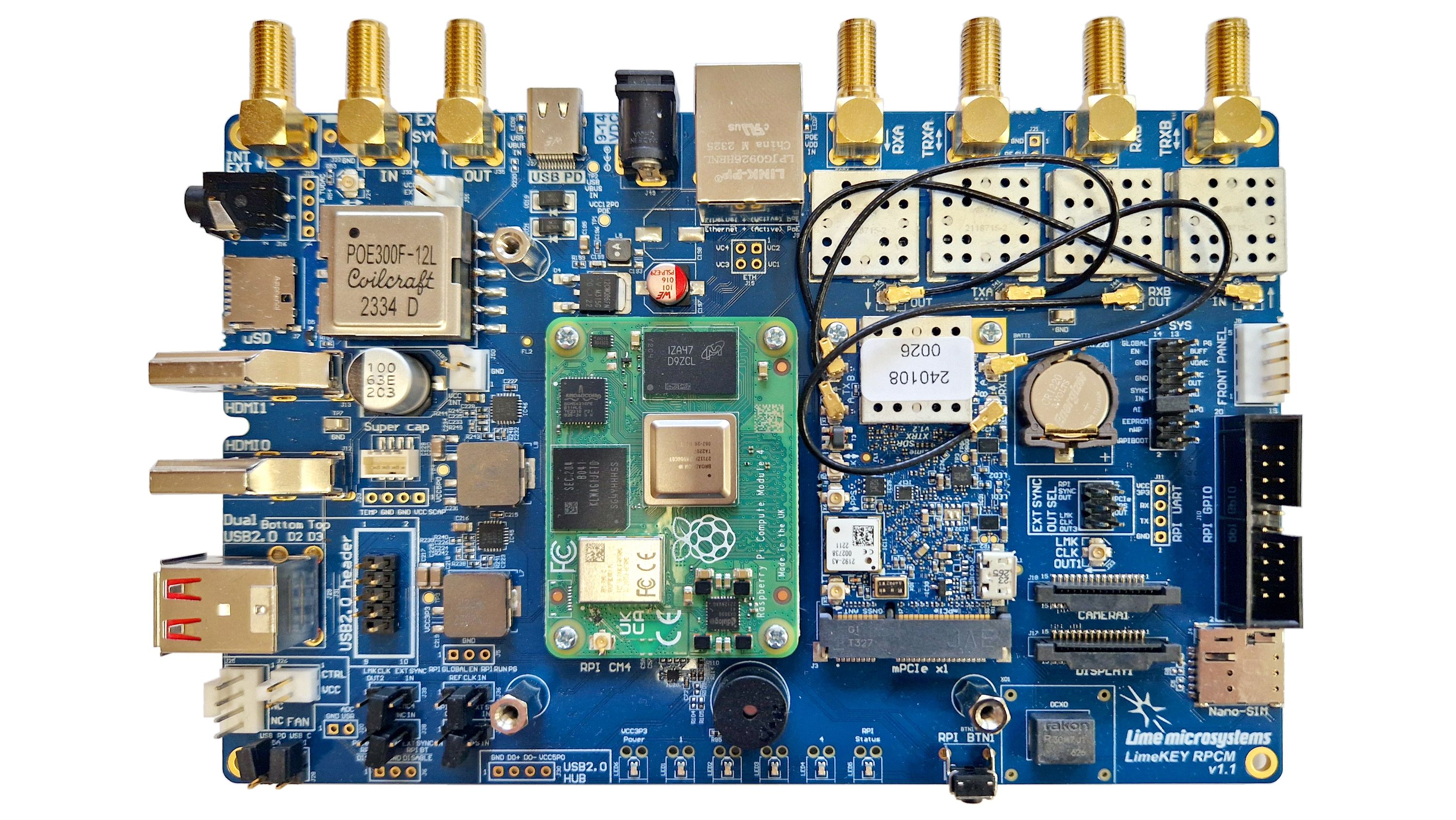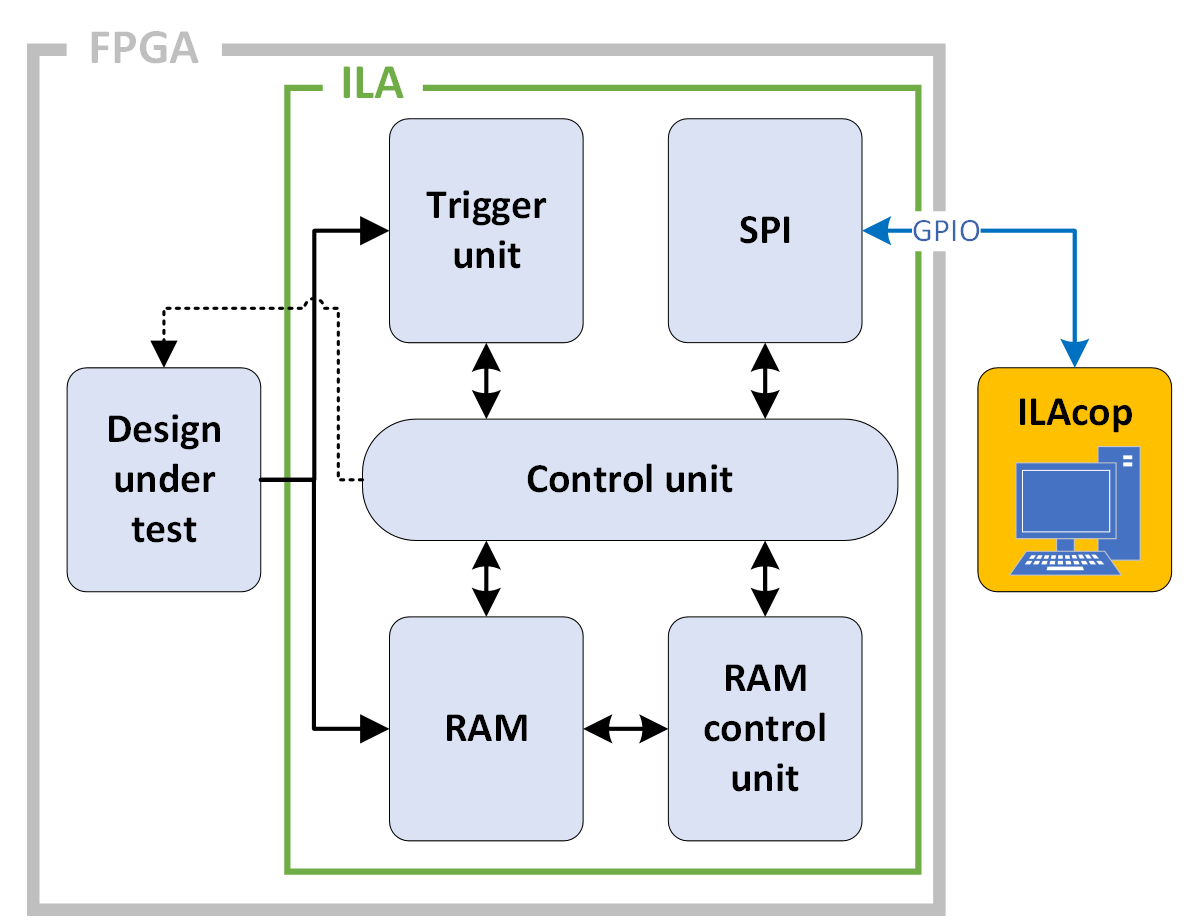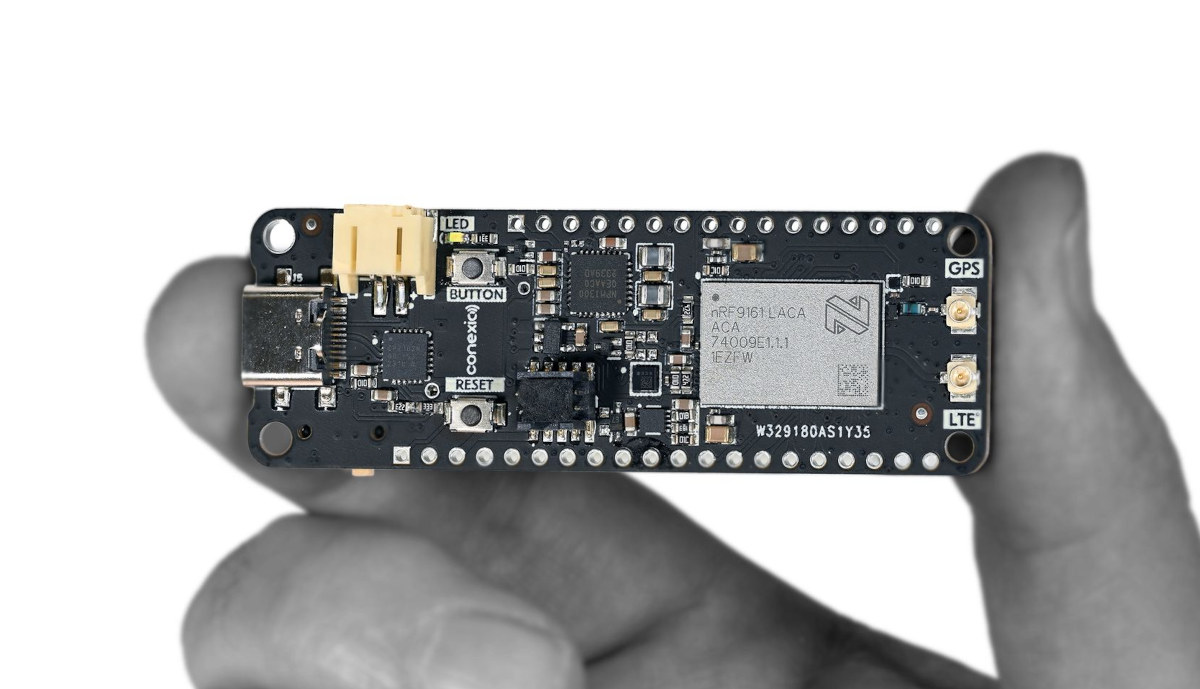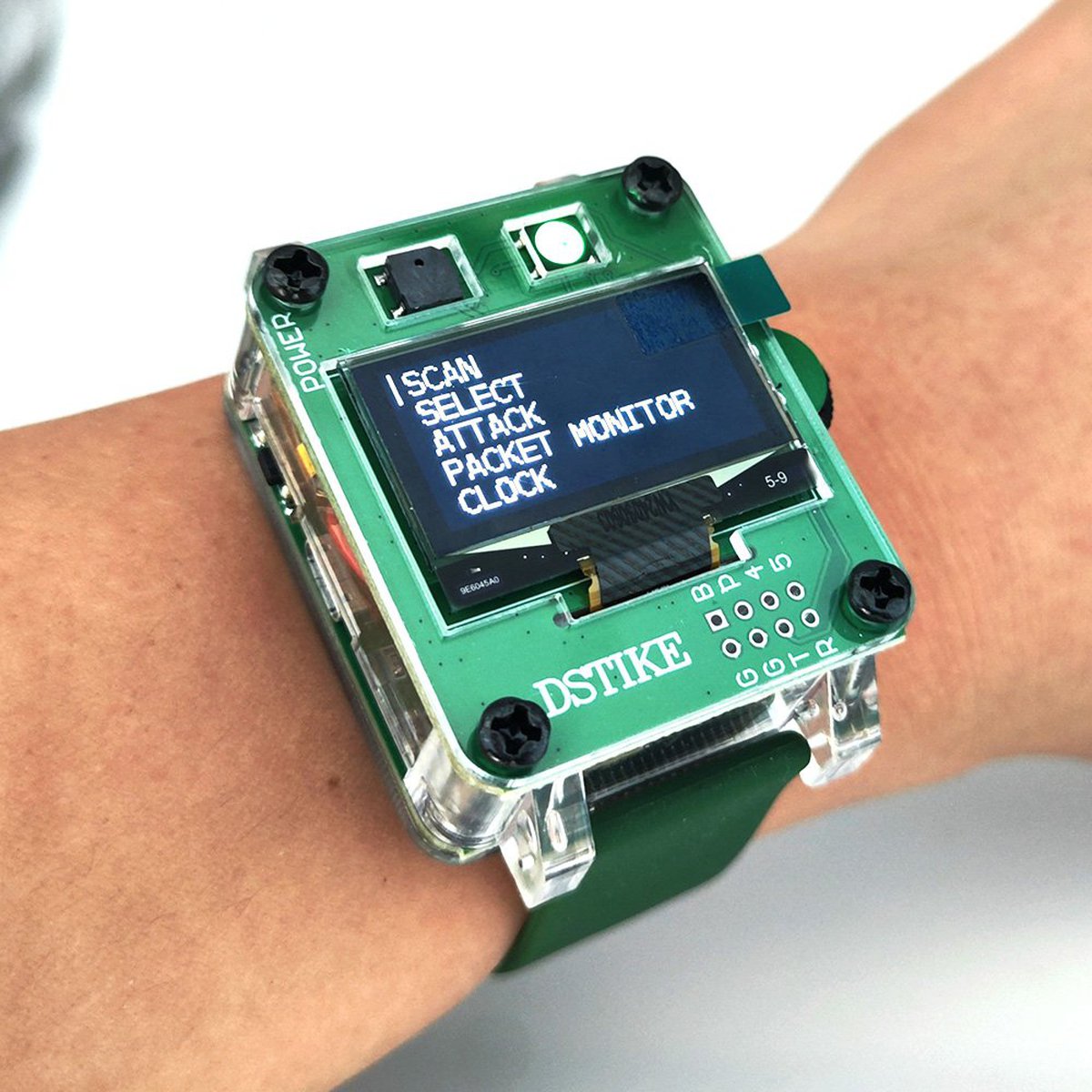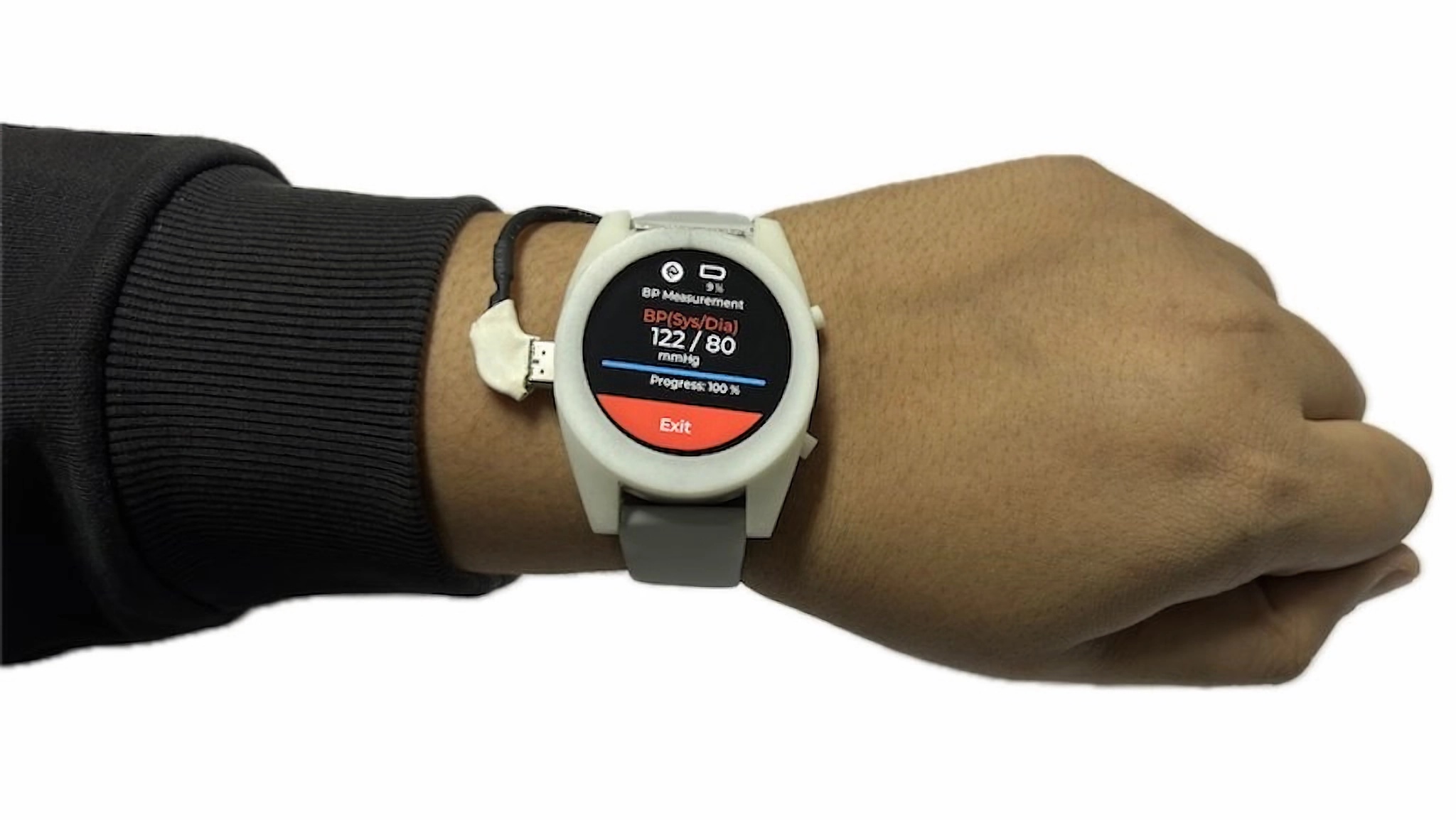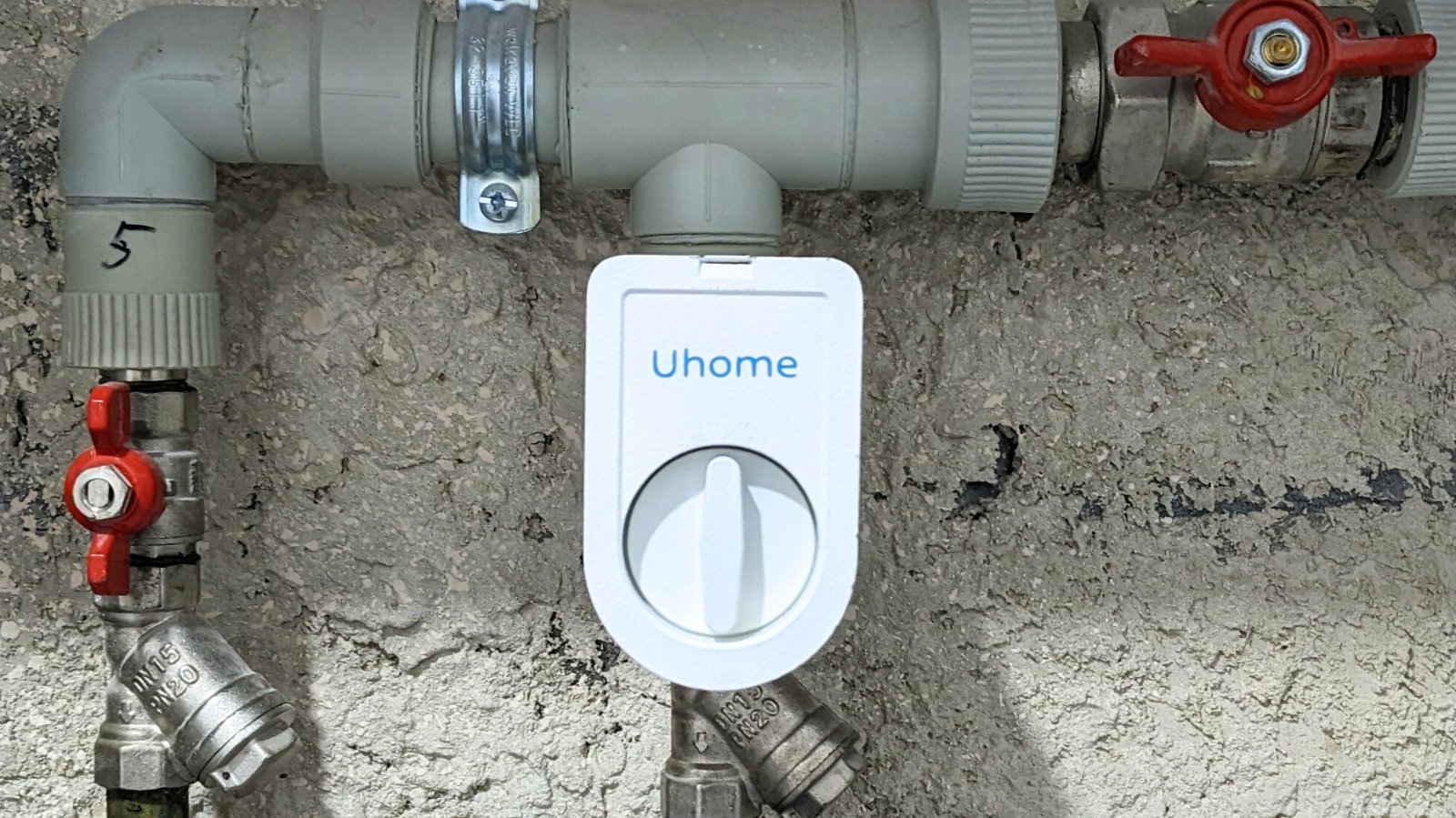FluidNC “TMC2209 Pen/Laser CNC Controller” is an ESP32-based 2-axis CNC controller that runs FluidNC open-source firmware and takes up to two TMC2209 stepper drivers to drive pen plotters and laser engravers ESP32 wireless modules have been used in a range of 3D printer and CNC controllers for years with boards such as Grbl_ESP32 CNC breakout board, Phi MainBoard 5LC 3D printer controller, and the Makerbase MKS DLC32 board we found in TwoTrees TS2 laser engraver and TTC 450 CNC router running MKS-DLC32-FIRMWARE open-source firmware. The FluidNC TMC2209 Pen/Laser CNC Controller offers yet another option and a different open-source FluidNC firmware that is an evolution of the firmware for the aforementioned Grbl_ESP32 that also happens to work on the MKS DLC32 board… FluidNC “TMC2209 Pen/Laser CNC Controller” specifications: Wireless module – Espressif Systems ESP32-WROOM-32E ESP32 dual-core microcontroller 4MB flash 2.4 GHz WiFi and Bluetooth LE connectivity, built-in PCB antenna Storage – MicroSD […]
LimeNET Micro 2.0 Developer Edition board leverages Raspberry Pi CM4 and LimeSDR XTRX SDR module (Crowdfunding)
The LimeNET Micro 2.0 Developer Edition board is a modular software-defined radio (SDR) platform from Lime Microsystems that is based on the Raspberry Pi Compute Module 4 and the company’s own SDR board, the LimeSDR XTRX. It builds upon previous versions from Lime Microsystems, such as the LimeSDR Mini and LimeSDR Mini 2.0. It features a MIMO (multiple-input, multiple-output) radio and runs the more powerful Compute Module 4, an upgrade from the Raspberry Pi CM3 in earlier versions. The LimeSDR XTRX is an open-source, high-performance SDR in a compact, Mini PCIe form factor. It provides a platform for building logic-intensive digital and RF designs and can be used for MIMO antenna configurations from 2Tx2R to 32Tx32R. The platform is built around a planar system board, the LimePSB RPCM, which integrates the CM4, the XTRX, and other components and interfaces to make a complete baseband + RF solution for diverse wireless […]
The RPGA Feather dev board pairs RP2040 chip with a Lattice iCE40 FPGA for sensor fusion projects
Oak Development Technologies’ RPGA Feather board integrates the Raspberry Pi RP2040 microcontroller with the iCE5LP4K FPGA from Lattice Semiconductor into a compact development board in the Adafruit Feather form factor. The iCE5LP4K FPGA is an ultra-low-power chip in the iCE40 Ultra product family designed for mobile applications such as smartphones, tablets, and handhelds, while the Raspberry Pi RP2040 microcontroller makes it much easier to program the FPGA using CircuitPython. We have seen Oak Development Technologies’ earlier forays into FPGA Feather-compatible products such as the IcyBlue board (also based on iCE5LP4K FPGA) and the Lattice FeatherWing. RPGA Feather specifications: MCU – Raspberry Pi RP2040 dual-core Cortex-M0+ microcontroller @ 133 MHz with 264KB SRAM FPGA – Lattice Semiconductor iCE5LP4K FPGA Logic Cells – 3,520 logic cells Memory 80 Kbits of embedded Block RAM (EBR) Distributed RAM: 640 bits 2x hardware I2C blocks and 2x hardware SPI blocks 26 I/Os for customized interfaces […]
GateMate Integrated Logic Analyzer (ILA) deep dive
CNXSoft: This is a guest article by Dave Fohrn, Embedded Software Engineer at Cologne Chip AG, that goes into detail about the company’s open-source integrated logic analyzer (ILA) for GateMate FPGA chips. A field-programmable gate array (FPGA) is a highly flexible integrated circuit in which complex logic circuits can be configured. They are often used as custom computing units in digital circuits because of their ability to process data quickly and in parallel using individually configured circuits. The digital circuits designed specifically for FPGAs are usually developed in a hardware description language such as Verilog or VHDL and are known as gateware. The term “gate” refers to the configurable digital logic units in the FPGA on which the individual gate circuits are implemented. An effective design can accelerate the computing process by strategically utilizing the various resources available in the FPGA, processing data in parallel, and intelligent implementing pipelining. A […]
Conexio Stratus Pro – A battery-powered nRF9161 development kit with LTE IoT, DECT NR+, GNSS connectivity (Crowdfunding)
Conexio Stratus Pro is a tiny IoT development kit based on Nordic Semi nRF9161 system-in-package (SiP) with LTE-M/NB-IoT, DECT NR+, and GNSS connectivity and designed to create battery-powered cellular-connected electronic projects and products such as asset trackers, environmental monitors, smart meters, and industrial automation devices. Just like the previous generation Conexio Startus board based on the Nordic Semi nRF9160 cellular IoT SiP, the new Conexio Stratus Pro board supports solar energy harvesting and comes with a Feather form factor and Qwiic connector for each expansion. Conexio Stratus Pro specifications: System-in-package – Nordic Semi nRF9161 SiP MCU – Arm Cortex-M33 clocked at 64 MHz with 1 MB Flash pre-programmed MCUBoot bootloader, 256 KB RAM Modem Transceiver and baseband 3GPP LTE release 14 LTE-M/NB-IoT support DECT NR+ ready GPS/GNSS receiver RF Transceiver for global coverage supporting bands: B1, B2, B3, B4, B5, B8, B12, B13, B17, B18, B19, B20, B25, B26, B28, […]
DSTIKE Deauther Watch X is a cheap wireless hacking tool that runs the ESP8266 Deauther firmware
The DSTIKE Deauther Watch X is a Wi-Fi hacking tool that can be used to test wireless networks, powered by the ESP8266 wireless microcontroller and running the open-source Deauther firmware from SpacehuhnTech. It only works on 2.4GHz networks, since 5GHz Wi-Fi is not supported by the ESP8266. It also features a real-time clock module for displaying the time, like an actual watch. If you are not familiar with the term, a Wi–Fi Deauther is a device that can perform deauth or de-authentication attacks on Wi-Fi networks. It can kick other devices off a Wi-Fi network they are connected to, for learning or other purposes. The Deauther Watch X is the latest product in the DSTIKE Deauther Watch series from Travis Lin and we previously took a look at DSTIKE ESP32 Watch Development Board. The Watch X development board comes in a wristwatch form factor, uses an ESP8266 module instead of […]
HealthyPi Move is an open-source nRF5340-powered biometric monitor worn like a watch (Crowdfunding)
The HealthyPi Move is the latest biometric monitor in the HealthyPi series from ProtoCentral. It is the first to come in a wearable form factor and can measure up to eight vital signs. It is powered by a Nordic Semiconductor nRF5340 dual-core SoC, with a Cortex-M33 application processor and a Cortex-M33 network processor. It features 128MB of flash memory connected through a high-speed QSPI interface that can store up to 10 days of processed data. It is capable of measuring galvanic skin response (EDA/GSR), electrocardiogram (ECG) signals, and photoplethysmogram (PPG) signals for determining blood oxygen level (SPO2), blood pressure, and heart rate variability. It also includes a body temperature sensor and inertial measurement unit (IMU) with a 6-axis accelerometer and gyroscope. HealthyPi Move targets medical and biotech applications, including personal health tracking, building healthcare devices, and even clinical research with approval from the FDA or IRB. We have previously covered […]
Nordic nRF52840-based True Wireless Valve is a USB or battery powered valve for home water management (Crowdfunding)
True Wireless Valve from Uhome Systems is a battery-powered, smart valve that is easy to install and integrate into your smart home setup. It is based on the Nordic Semiconductor nRF52840, a multiprotocol Bluetooth 5.4 SoC with support for Bluetooth Low Energy, Bluetooth mesh, Thread, NFC, and Zigbee. True Wireless Valve can run on four AAA batteries for up to two years and can also be powered via a USB Type-C power supply. It offers a completely wireless experience with the option for battery power which removes the need for additional wiring and makes installation easier and safer. It seamlessly integrates with Home Assistant and other smart home platforms via ZHA and Zigbee2MQTT. It can be paired with a leak detector such as the AquaPing and used to respond automatically to potential leaks in the home. True Wireless Valve specifications: SoC – Nordic Semiconductor nRF52840 CPU – 32-bit Cortex-M4 core […]


